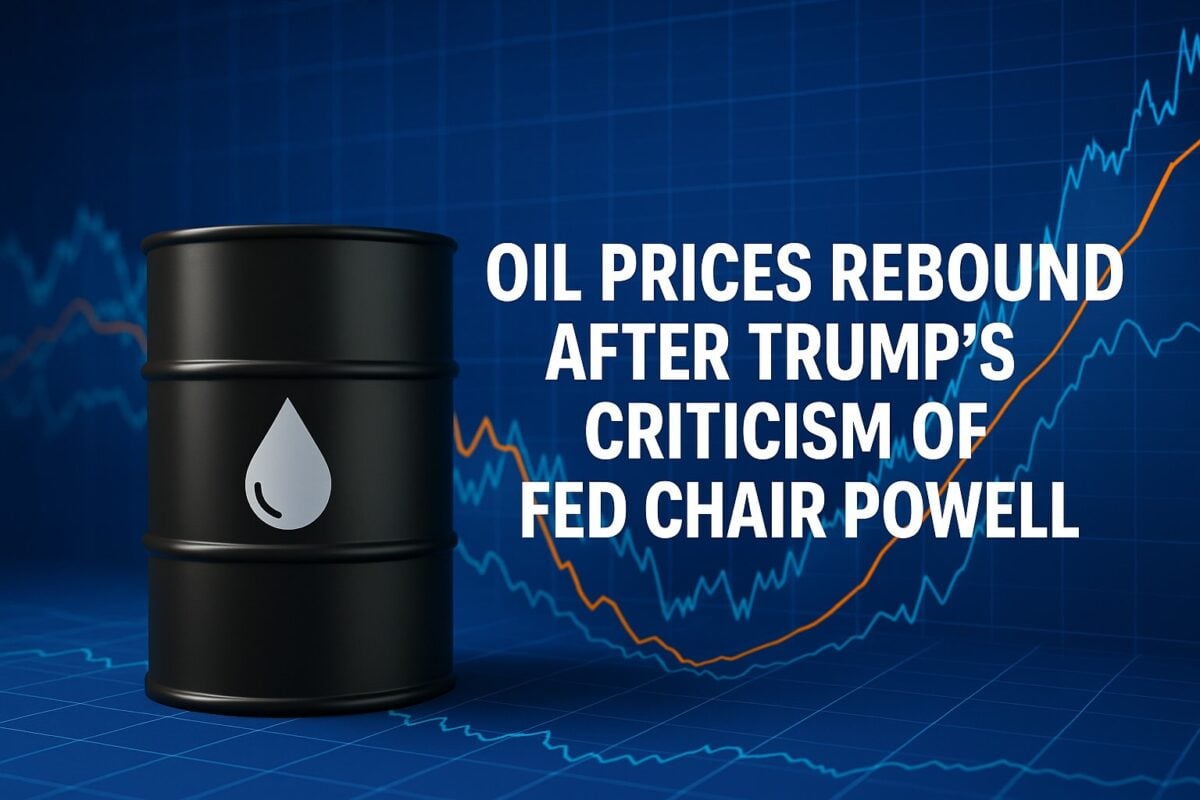
Ethereum Hits Three-Week Low of $3,362, Begins to Stabilize
Quick Look:
Ethereum’s Drop: Ethereum hit a three-week low of $3,362 due to similar pressures, but stabilized over the weekend.
Market Dynamics: Ethereum formed a lower high at $3,950, signaling selling during bullish bounces, and dropped 13.5% to $3,364, stabilizing at the 100-day EMA.
Support Levels: If the market correction continues, Ethereum might dip to $3,200 but could bounce back from the long-standing support trendline.
The cryptocurrency market faced a tumultuous start to June, with Bitcoin’s price plummeting to $65,000, sparking concerns among investors. This decline was precipitated by several unfavourable developments, including macroeconomic uncertainties, Bitcoin miners capitulating, ETF outflows, and significant whale distribution. These factors combined to drive a substantial correction across major cryptocurrencies, including Ethereum, which saw its price drop to a three-week low of $3,362. However, by the weekend, the selling pressure on Ethereum had eased, leading to some stability.
Bitcoin’s Decline and Market-Wide Impact
The first half of June was marked by bearish trends in the cryptocurrency market. Bitcoin, the flagship cryptocurrency, experienced a sharp decline, hitting a low of $65,000. This downturn was fuelled by a confluence of negative factors. Macroeconomic uncertainties, such as rising inflation and potential interest rate hikes, created a fearful environment for investors. Additionally, Bitcoin miners, facing increased regulatory scrutiny and operational challenges, began to capitulate, adding further downward pressure on prices. The outflow of ETFs, traditionally seen as a barometer of institutional interest, signalled waning confidence in the market. Moreover, significant whale distributions – large holders offloading their Bitcoin – exacerbated the sell-off, leading to a broader market correction.
Ethereum, the second-largest cryptocurrency by market capitalisation, was not immune to these developments. On Friday, Ethereum’s price dropped to $3,362, a three-week low, as investors reacted to the same macroeconomic and market-specific pressures affecting Bitcoin. Despite this, the weekend brought some respite, with the selling pressure easing and prices stabilising.
Ethereum’s Market Dynamics and Potential Path Forward
During the recent downturn, Ethereum formed a new lower high at the $3,950 resistance level on the daily chart, signalling a shift in market sentiment. This lower high indicated that traders were inclined to sell during bullish bounces rather than holding for further gains. On June 14th, Ethereum’s price peaked at $3,887 before undergoing a significant drop of 13.5%, reaching a low of $3,364. This level coincided with the 100-day Exponential Moving Average (EMA), which played a crucial role in stabilising the price decline. As a result, Ethereum’s price recovered to $3,509, with its market capitalisation increasing to $431.2 billion.
Looking ahead, if the broader market correction persists, Ethereum’s price could dip to $3,200, seeking support from the long-standing support trendline. Historically, Ethereum has rebounded thrice from this dynamic support level, indicating substantial accumulation and confidence among investors. This pattern suggests that if the trendline holds, Ethereum may experience another bounce, potentially attracting more buyers.
Navigating the Resistance and Future Prospects
The daily chart for Ethereum reveals a new resistance trendline forming above current price levels, suggesting that the cryptocurrency might enter a sideways trading pattern. For Ethereum to break out of this pattern and initiate a bullish rally, it needs to surpass this resistance barrier. A breakout above this trendline could see buyers regaining control, propelling the price towards the $3,900 mark.
While the first half of June brought considerable bearish pressure to the cryptocurrency market, leading to significant declines in both Bitcoin and Ethereum, there are signs of stabilisation and potential recovery. Ethereum, in particular, shows resilience with its price finding support at key levels and a potential for a bullish breakout. Investors should closely monitor these support and resistance levels to gauge the next movements in the market.


